Home / trending / India's Pharma Exports at Risk: Trump’s 25% Tariff Threat Sparks Concerns
India's Pharma Exports at Risk: Trump’s 25% Tariff Threat Sparks Concerns
By: My India Times
6 minutes read 183Updated At: 2025-02-20
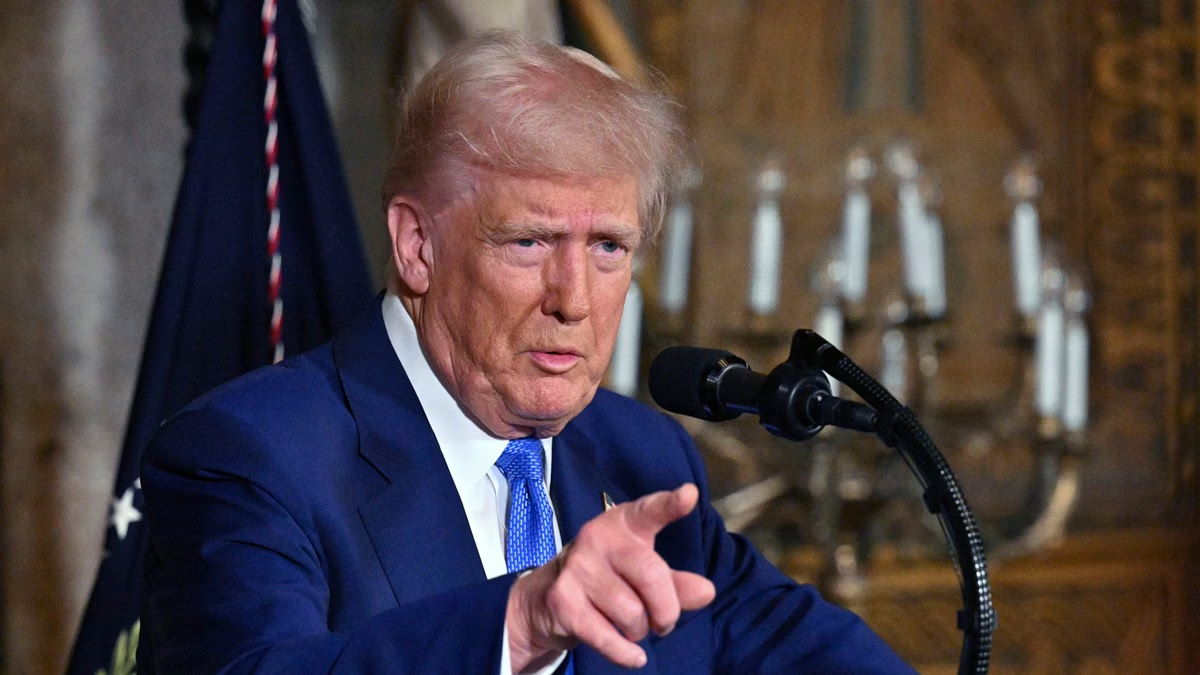
Introduction United States President Donald Trump has announced plans to impose a 25% tariff on several key imports, including pharmaceuticals, automobiles, and semiconductors. This move, set to be formally declared by April 2, is expected to have significant ramifications for India’s pharmaceutical industry, which supplies nearly 47% of generic medicines to the U.S.
While the Trump administration asserts that these tariffs are aimed at protecting American manufacturing and addressing trade imbalances, experts warn that such measures could drive up consumer costs, disrupt supply chains, and exacerbate drug shortages. Indian pharmaceutical firms, heavily reliant on U.S. exports, are poised to be among the hardest hit, sparking concerns about financial implications and long-term trade relations between the two nations.
Trump’s Tariff Plan and Its Economic Impact The proposed tariffs are part of a broader strategy by Trump to reshape global trade dynamics and promote domestic manufacturing. The policy follows earlier tariffs imposed on steel and aluminum, and it expands to include critical sectors like pharmaceuticals, autos, and semiconductors.
“I probably will tell you that on April 2, but it’ll be in the neighborhood of 25 percent,” Trump told reporters at his Mar-a-Lago club. He further added that while the 25% tariffs would apply immediately, they could increase over time.
The Financial Post reported that such tariffs could significantly alter global supply chains, raise costs for American consumers, and potentially weaken U.S. efforts to curb inflation. Trump has also proposed country-specific levies, including a 10% tariff on Chinese imports and 25% duties on goods from Canada and Mexico, which could be enforced as early as March 4.

The Impact on India’s Pharmaceutical Sector India is one of the world’s largest exporters of generic medicines, with the U.S. being its biggest market. The Indian pharmaceutical industry contributes significantly to America’s healthcare system by supplying affordable, high-quality medicines. According to the Pharmaceuticals Export Promotion Council of India (Pharmexcil), Indian pharma exports to the U.S. stood at $8.73 billion in fiscal 2024, accounting for approximately 31% of India’s total pharma exports.
Sudarshan Jain, Secretary General of the Indian Pharmaceutical Alliance (IPA), responded to Trump’s proposal, stating that India plays a crucial role in ensuring access to affordable medicines in the U.S. “The Indian pharmaceutical industry supplies nearly 47% of the generic medicines for American patients, significantly contributing to healthcare savings. The proposed reciprocal tariffs are currently under discussion and will be addressed through bilateral engagements,” Jain told Financial Express.
Despite India and the U.S. sharing a strong partnership in healthcare, the potential tariffs have already triggered significant volatility in the Indian stock market. The Nifty Pharma index declined by 10%, with major pharmaceutical firms such as Dr. Reddy’s Laboratories, Sun Pharma, and Cipla experiencing sharp losses. A News18 report indicated that Dr. Reddy’s, Lupin, Cipla, and Zydus may be the most vulnerable due to their high exposure to the U.S. market, while Sun Pharma and Torrent Pharma could be relatively insulated due to their diversified revenue streams.
According to a Nomura report, the tariffs could reduce earnings estimates for Indian pharmaceutical firms by 6.5% in FY26. This move could also force Indian drug manufacturers to reassess their strategies, potentially shifting focus to other global markets or increasing investments in U.S.-based manufacturing facilities to circumvent tariffs.
Could the Tariffs Trigger a Drug Shortage? Industry experts and policymakers have raised concerns that imposing steep tariffs on generic drug imports could lead to significant medication shortages in the U.S. The Healthcare Distribution Alliance (HDA), a leading trade group for pharmaceutical distributors, emphasized that exempting medical products from tariffs is crucial to maintaining an efficient supply chain.
“We are concerned that placing tariffs on generic drug products produced outside the U.S. will put additional pressure on an industry already experiencing financial distress,” the HDA said in a statement. “Distributors and generic manufacturers cannot absorb the rising costs of broad tariffs. This could lead to shortages of essential medications, with costs passed down to patients, particularly those in Medicare and Medicaid.”
A February 2 report by Fortune Well highlighted that drug price inflation is already a contentious issue in U.S. healthcare policy. A West Health–Gallup poll found that 41% of American adults believe the country is headed in the wrong direction due to Trump’s approach to drug pricing, with only 4% of Democrats supporting his policies compared to 78% of Republicans.
Furthermore, China, a major supplier of active pharmaceutical ingredients (APIs), plays a critical role in the global drug supply chain. The Observatory of Economic Complexity noted that the U.S. was the top pharmaceutical importer in 2022, with total imports valued at $168 billion. The Association for Accessible Medicines (AAM) warned that increased tariffs could exacerbate dependence on foreign drug ingredients while worsening supply chain vulnerabilities.
The MedTech Sector Also Faces Challenges Beyond pharmaceuticals, Trump’s tariffs are expected to impact the medical technology (MedTech) industry, which relies on a globally interconnected supply chain. According to Scott Whitaker, president and CEO of the Advanced Medical Technology Association (AdvaMed), the new tariffs could stifle research and development (R&D) investments and hinder innovation in medical technology.
“R&D spending would likely be the first and most direct casualty, threatening America’s MedTech innovation leadership,” Whitaker stated. “Increased tariffs may even have the unintended consequence of boosting the competitiveness of MedTech industries in other nations.”
With the global medical industry already facing supply chain disruptions due to post-pandemic recovery and geopolitical tensions, the new tariffs could further destabilize the sector, affecting the availability of critical medical devices and technologies.
Looking Ahead: The Road to Trade Negotiations The Trump administration's proposed tariffs have set the stage for intense trade negotiations between India and the U.S. While the Indian government and pharmaceutical industry are expected to engage in diplomatic discussions to mitigate the impact, the long-term consequences remain uncertain.
Several analysts believe that India may seek exemptions for pharmaceutical products, citing their essential role in the U.S. healthcare system. However, with Trump's strong stance on reshaping trade policies, such negotiations may prove challenging.
“The proposed 25% tariff on U.S. drug imports highlights the evolving landscape of global pharmaceutical trade. While this poses imminent challenges, it also presents an opportunity for India’s pharmaceutical industry to innovate and reinforce its role as a key supplier of high-quality, affordable medicines,” said Hari Kiran Chereddi, Managing Director of HRV Global Life Sciences.
As the global pharmaceutical industry braces for potential disruptions, stakeholders across the supply chain will be closely monitoring the evolving policy landscape. The coming months will be critical in determining whether diplomatic negotiations can prevent the adverse economic consequences of Trump’s aggressive trade strategy.
Conclusion Trump’s proposed 25% tariff on pharmaceutical imports could significantly impact India's pharmaceutical sector, a key supplier of generic medicines to the U.S. While these measures aim to bolster domestic manufacturing, they risk increasing drug prices, exacerbating shortages, and straining India-U.S. trade relations. With significant financial and healthcare implications at stake, diplomatic engagement and strategic policy responses will be crucial in navigating this evolving trade challenge.
....Introduction United States President Donald Trump has announced plans to impose a 25% tariff on several key imports, including pharmaceuticals, automobiles, and semiconductors. This move, set to be formally declared by April 2, is expected to have significant ramifications for India’s pharmaceutical industry, which supplies nearly 47% of generic medicines to the U.S.
While the Trump administration asserts that these tariffs are aimed at protecting American manufacturing and addressing trade imbalances, experts warn that such measures could drive up consumer costs, disrupt supply chains, and exacerbate drug shortages. Indian pharmaceutical firms, heavily reliant on U.S. exports, are poised to be among the hardest hit, sparking concerns about financial implications and long-term trade relations between the two nations.
Trump’s Tariff Plan and Its Economic Impact The proposed tariffs are part of a broader strategy by Trump to reshape global trade dynamics and promote domestic manufacturing. The policy follows earlier tariffs imposed on steel and aluminum, and it expands to include critical sectors like pharmaceuticals, autos, and semiconductors.
“I probably will tell you that on April 2, but it’ll be in the neighborhood of 25 percent,” Trump told reporters at his Mar-a-Lago club. He further added that while the 25% tariffs would apply immediately, they could increase over time.
The Financial Post reported that such tariffs could significantly alter global supply chains, raise costs for American consumers, and potentially weaken U.S. efforts to curb inflation. Trump has also proposed country-specific levies, including a 10% tariff on Chinese imports and 25% duties on goods from Canada and Mexico, which could be enforced as early as March 4.

The Impact on India’s Pharmaceutical Sector India is one of the world’s largest exporters of generic medicines, with the U.S. being its biggest market. The Indian pharmaceutical industry contributes significantly to America’s healthcare system by supplying affordable, high-quality medicines. According to the Pharmaceuticals Export Promotion Council of India (Pharmexcil), Indian pharma exports to the U.S. stood at $8.73 billion in fiscal 2024, accounting for approximately 31% of India’s total pharma exports.
Sudarshan Jain, Secretary General of the Indian Pharmaceutical Alliance (IPA), responded to Trump’s proposal, stating that India plays a crucial role in ensuring access to affordable medicines in the U.S. “The Indian pharmaceutical industry supplies nearly 47% of the generic medicines for American patients, significantly contributing to healthcare savings. The proposed reciprocal tariffs are currently under discussion and will be addressed through bilateral engagements,” Jain told Financial Express.
Despite India and the U.S. sharing a strong partnership in healthcare, the potential tariffs have already triggered significant volatility in the Indian stock market. The Nifty Pharma index declined by 10%, with major pharmaceutical firms such as Dr. Reddy’s Laboratories, Sun Pharma, and Cipla experiencing sharp losses. A News18 report indicated that Dr. Reddy’s, Lupin, Cipla, and Zydus may be the most vulnerable due to their high exposure to the U.S. market, while Sun Pharma and Torrent Pharma could be relatively insulated due to their diversified revenue streams.
According to a Nomura report, the tariffs could reduce earnings estimates for Indian pharmaceutical firms by 6.5% in FY26. This move could also force Indian drug manufacturers to reassess their strategies, potentially shifting focus to other global markets or increasing investments in U.S.-based manufacturing facilities to circumvent tariffs.
Could the Tariffs Trigger a Drug Shortage? Industry experts and policymakers have raised concerns that imposing steep tariffs on generic drug imports could lead to significant medication shortages in the U.S. The Healthcare Distribution Alliance (HDA), a leading trade group for pharmaceutical distributors, emphasized that exempting medical products from tariffs is crucial to maintaining an efficient supply chain.
“We are concerned that placing tariffs on generic drug products produced outside the U.S. will put additional pressure on an industry already experiencing financial distress,” the HDA said in a statement. “Distributors and generic manufacturers cannot absorb the rising costs of broad tariffs. This could lead to shortages of essential medications, with costs passed down to patients, particularly those in Medicare and Medicaid.”
A February 2 report by Fortune Well highlighted that drug price inflation is already a contentious issue in U.S. healthcare policy. A West Health–Gallup poll found that 41% of American adults believe the country is headed in the wrong direction due to Trump’s approach to drug pricing, with only 4% of Democrats supporting his policies compared to 78% of Republicans.
Furthermore, China, a major supplier of active pharmaceutical ingredients (APIs), plays a critical role in the global drug supply chain. The Observatory of Economic Complexity noted that the U.S. was the top pharmaceutical importer in 2022, with total imports valued at $168 billion. The Association for Accessible Medicines (AAM) warned that increased tariffs could exacerbate dependence on foreign drug ingredients while worsening supply chain vulnerabilities.
The MedTech Sector Also Faces Challenges Beyond pharmaceuticals, Trump’s tariffs are expected to impact the medical technology (MedTech) industry, which relies on a globally interconnected supply chain. According to Scott Whitaker, president and CEO of the Advanced Medical Technology Association (AdvaMed), the new tariffs could stifle research and development (R&D) investments and hinder innovation in medical technology.
“R&D spending would likely be the first and most direct casualty, threatening America’s MedTech innovation leadership,” Whitaker stated. “Increased tariffs may even have the unintended consequence of boosting the competitiveness of MedTech industries in other nations.”
With the global medical industry already facing supply chain disruptions due to post-pandemic recovery and geopolitical tensions, the new tariffs could further destabilize the sector, affecting the availability of critical medical devices and technologies.
Looking Ahead: The Road to Trade Negotiations The Trump administration's proposed tariffs have set the stage for intense trade negotiations between India and the U.S. While the Indian government and pharmaceutical industry are expected to engage in diplomatic discussions to mitigate the impact, the long-term consequences remain uncertain.
Several analysts believe that India may seek exemptions for pharmaceutical products, citing their essential role in the U.S. healthcare system. However, with Trump's strong stance on reshaping trade policies, such negotiations may prove challenging.
“The proposed 25% tariff on U.S. drug imports highlights the evolving landscape of global pharmaceutical trade. While this poses imminent challenges, it also presents an opportunity for India’s pharmaceutical industry to innovate and reinforce its role as a key supplier of high-quality, affordable medicines,” said Hari Kiran Chereddi, Managing Director of HRV Global Life Sciences.
As the global pharmaceutical industry braces for potential disruptions, stakeholders across the supply chain will be closely monitoring the evolving policy landscape. The coming months will be critical in determining whether diplomatic negotiations can prevent the adverse economic consequences of Trump’s aggressive trade strategy.
Conclusion Trump’s proposed 25% tariff on pharmaceutical imports could significantly impact India's pharmaceutical sector, a key supplier of generic medicines to the U.S. While these measures aim to bolster domestic manufacturing, they risk increasing drug prices, exacerbating shortages, and straining India-U.S. trade relations. With significant financial and healthcare implications at stake, diplomatic engagement and strategic policy responses will be crucial in navigating this evolving trade challenge.
By: My India Times
Updated At: 2025-02-20
Tags: trending News | My India Times News | Trending News | Travel News
Join our WhatsApp Channel

Similiar News

US Supreme Court Rejects 26/11 Accused Tahawwur Rana’s Plea to Block Extradition to India
2025-03-08


















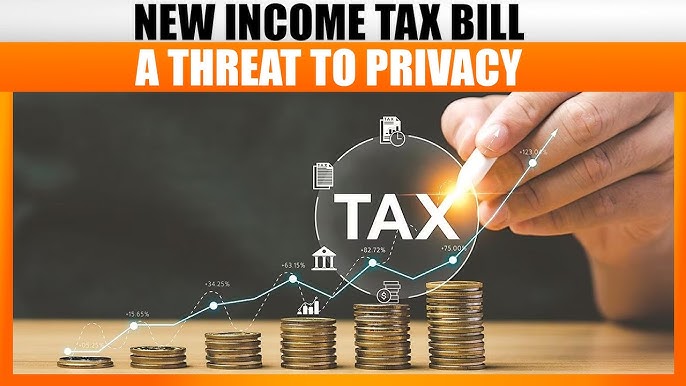






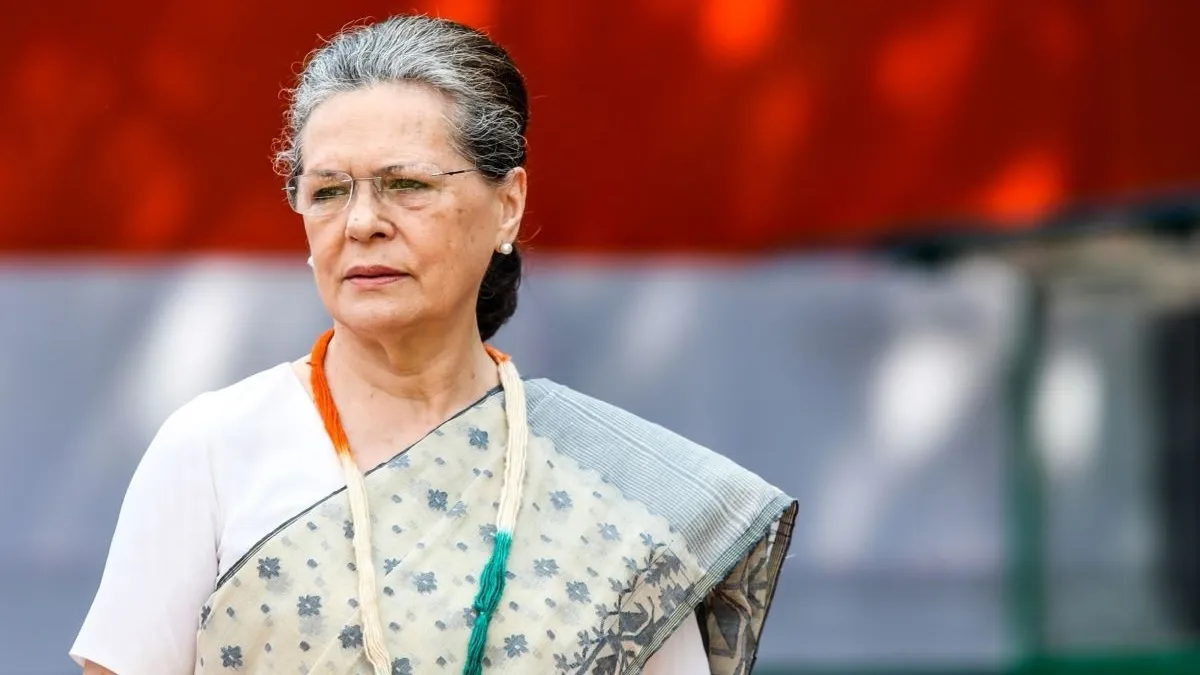
















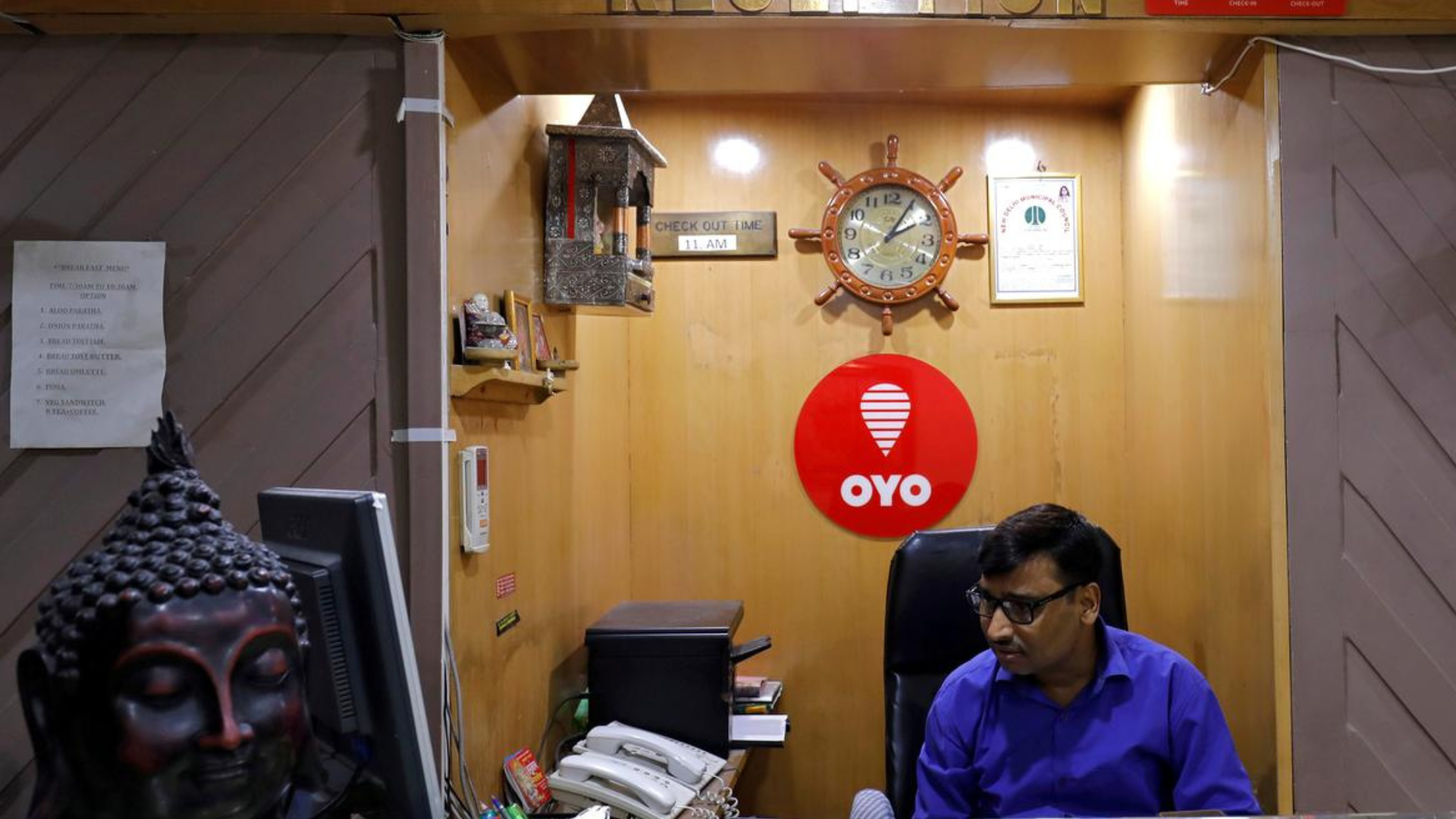

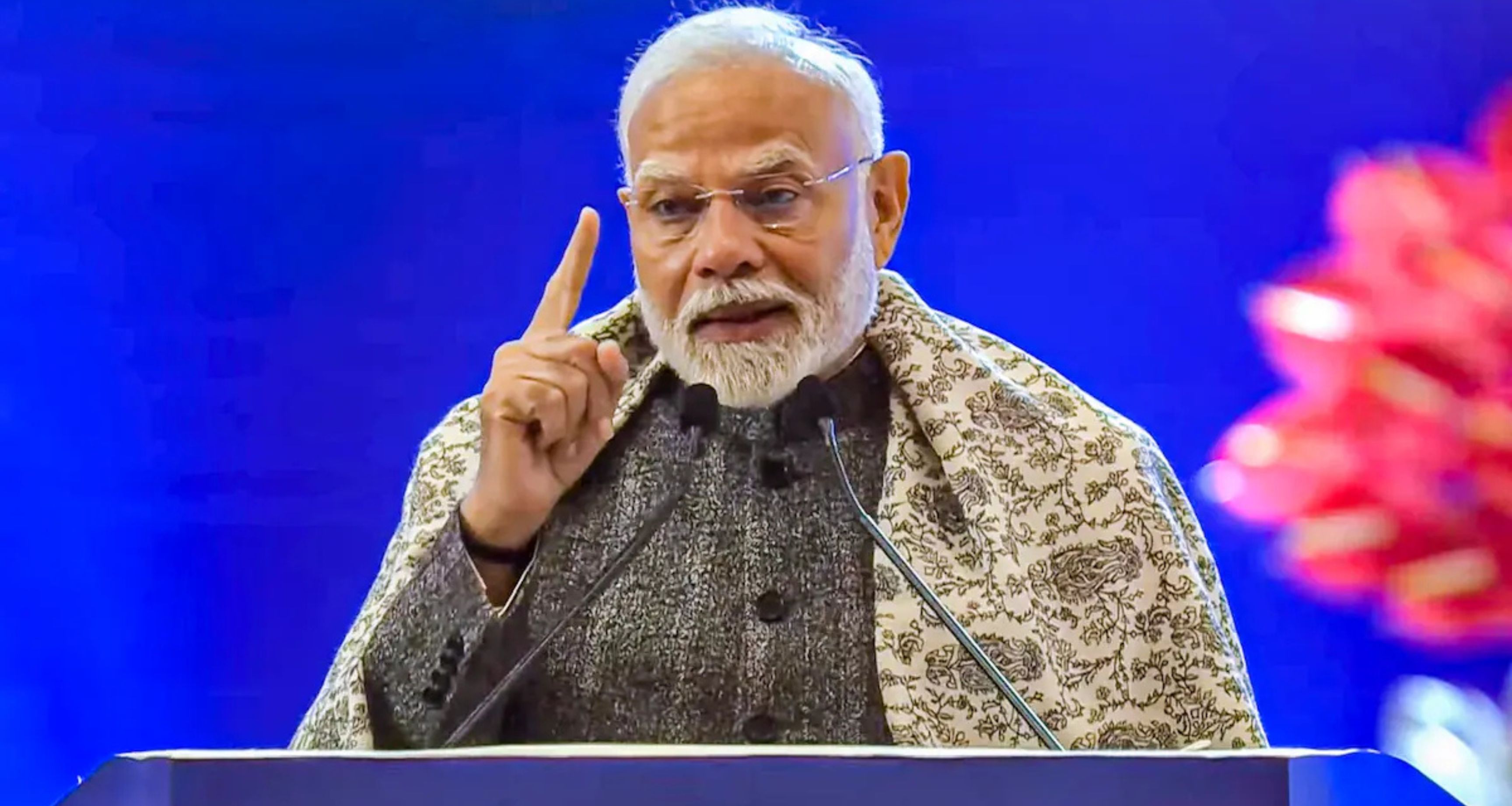



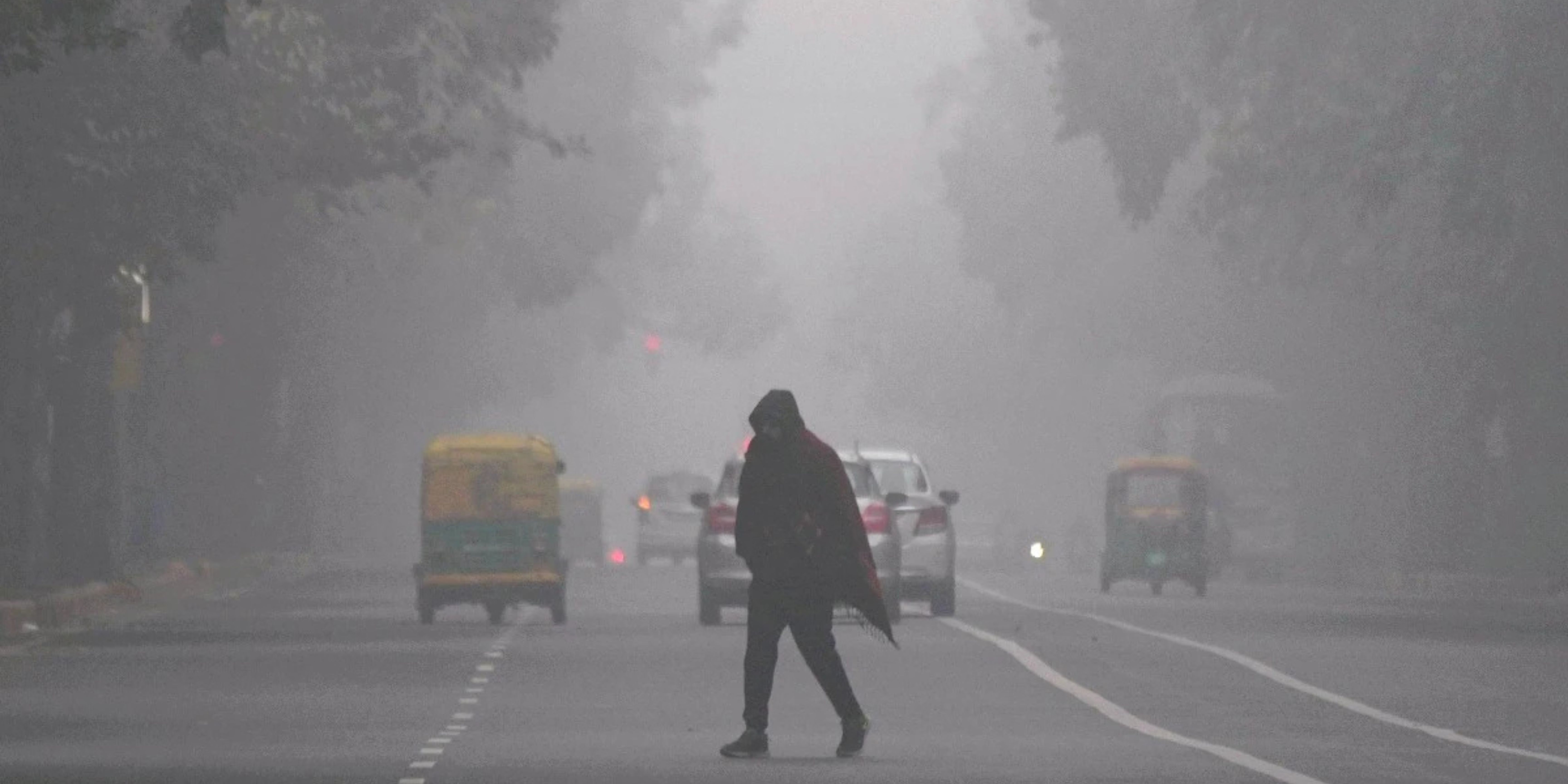


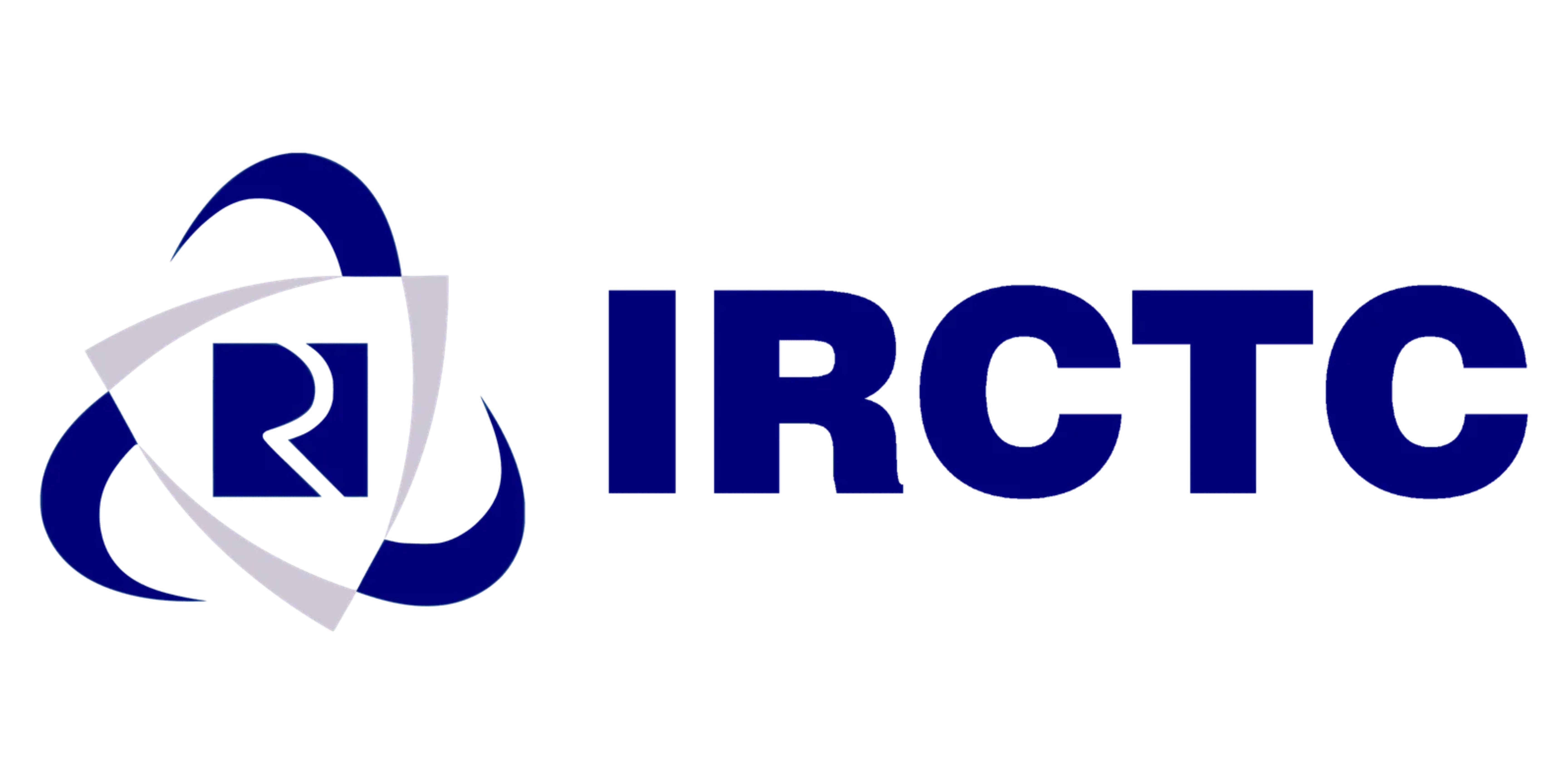

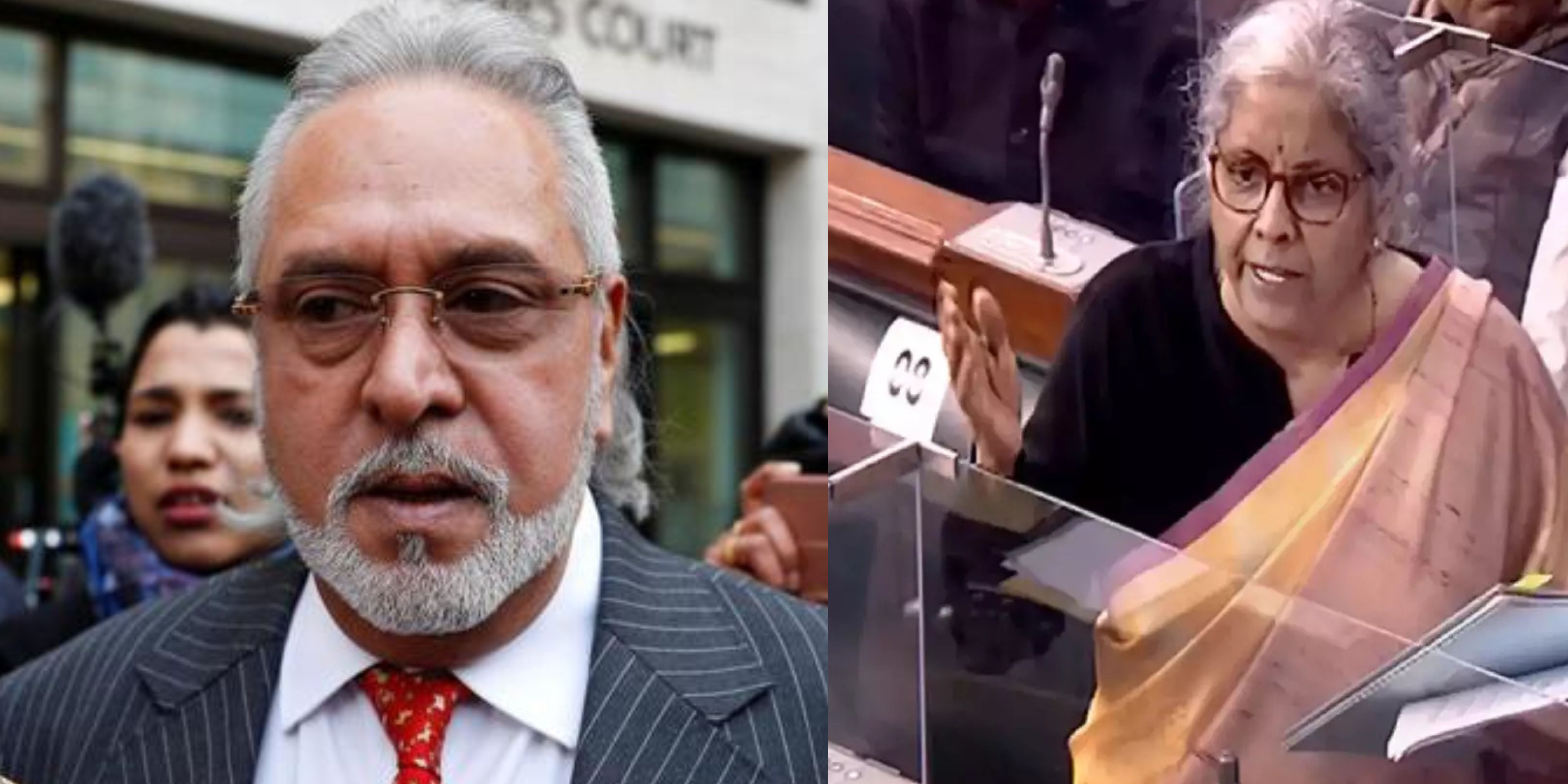

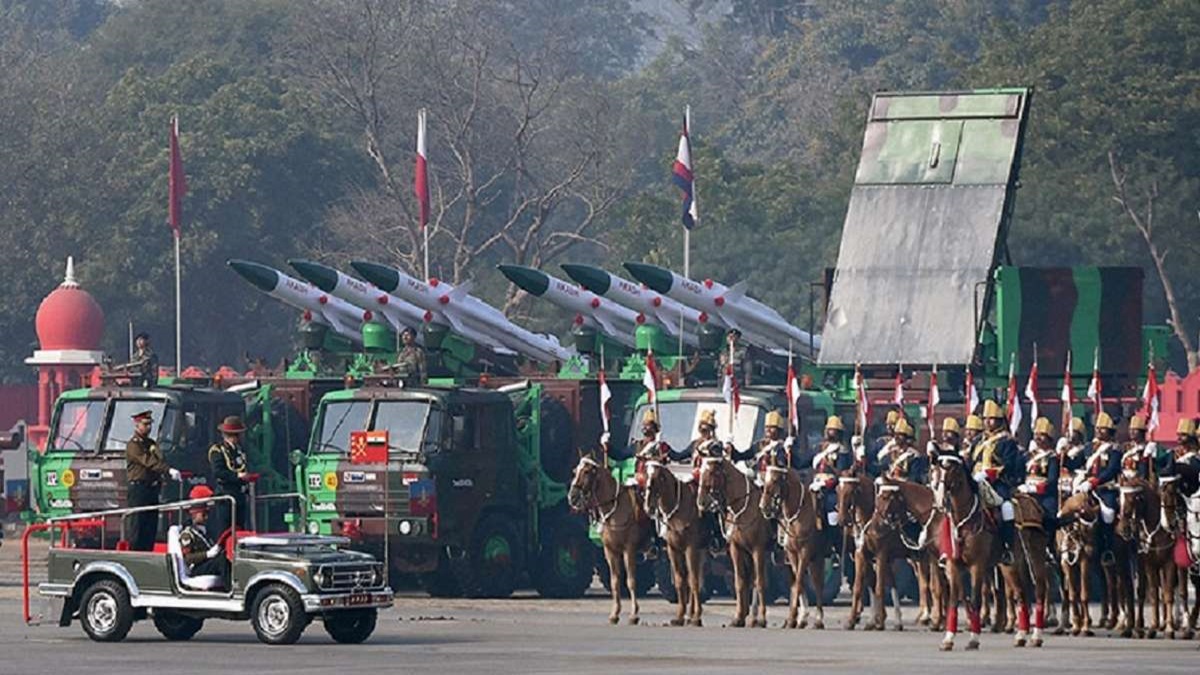

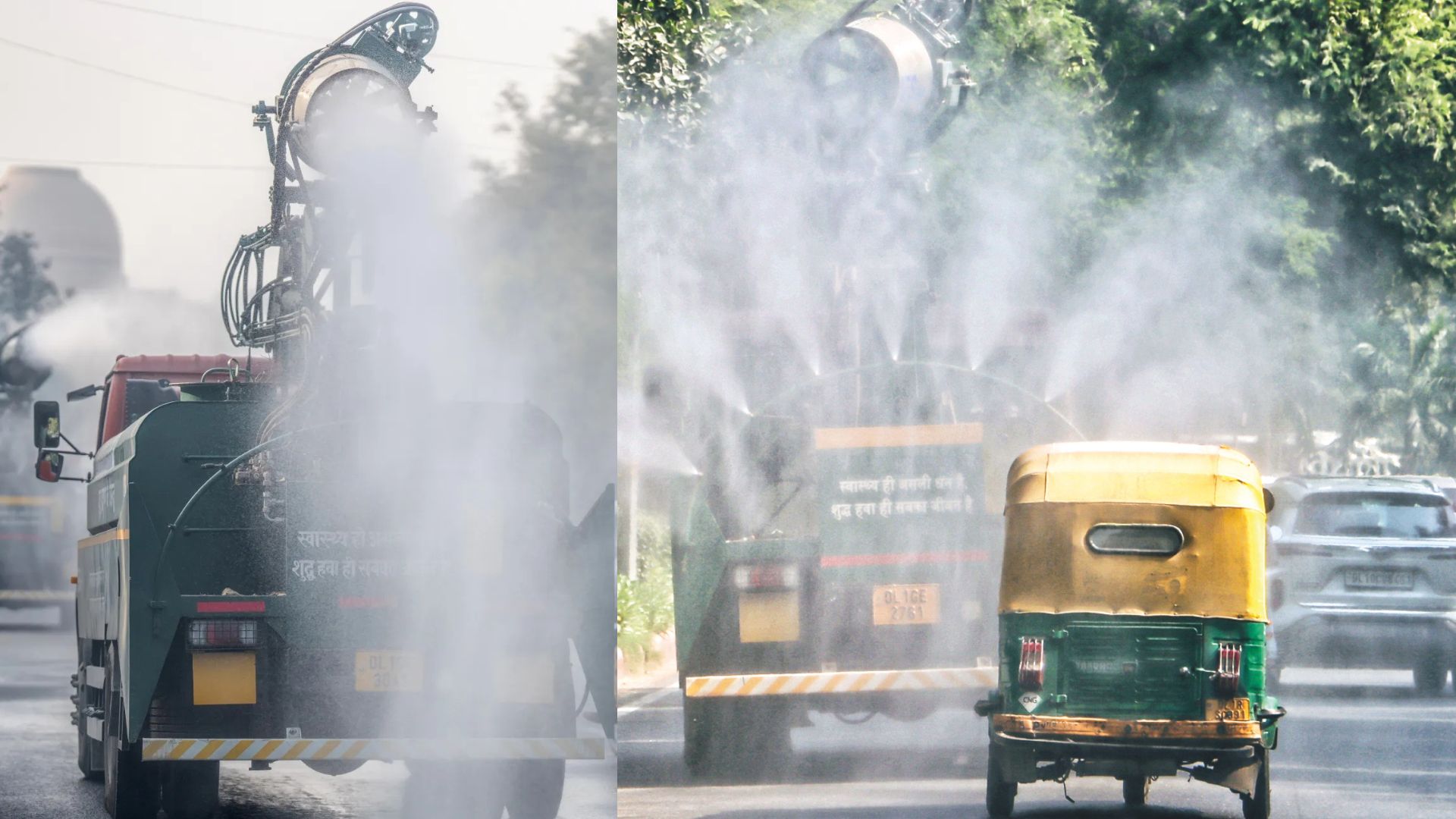





.jfif)





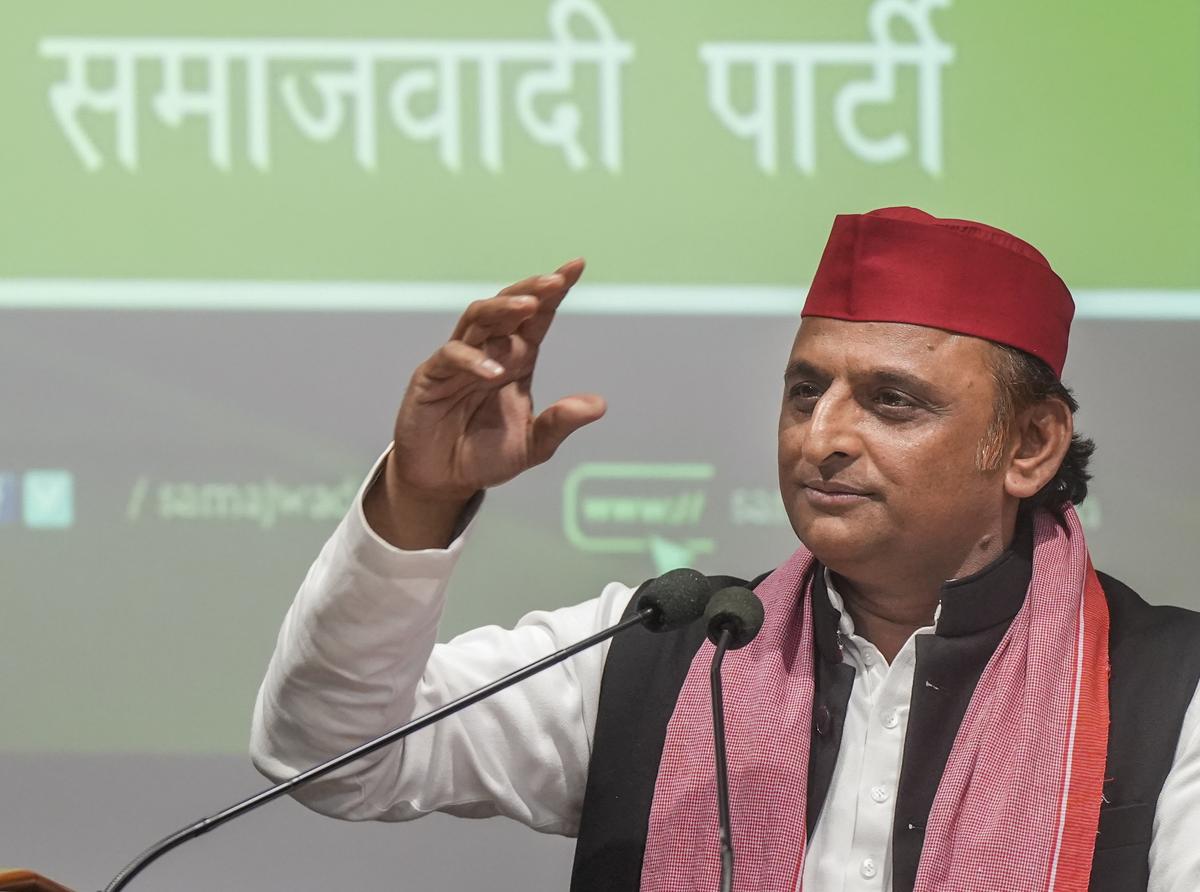

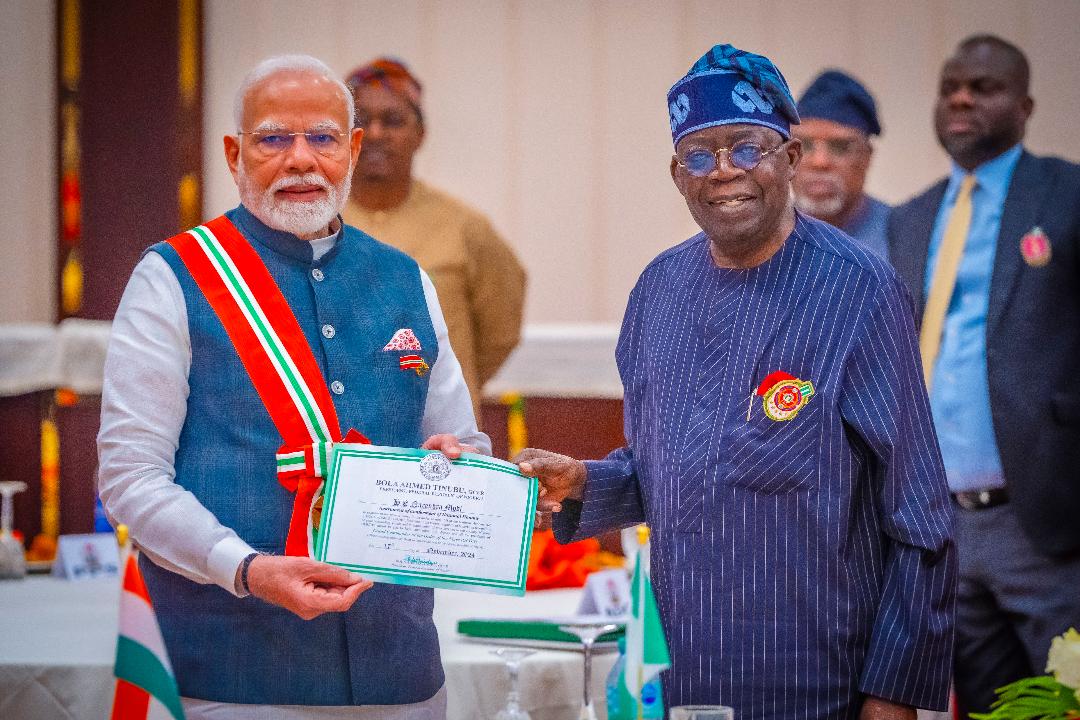

.jpg)



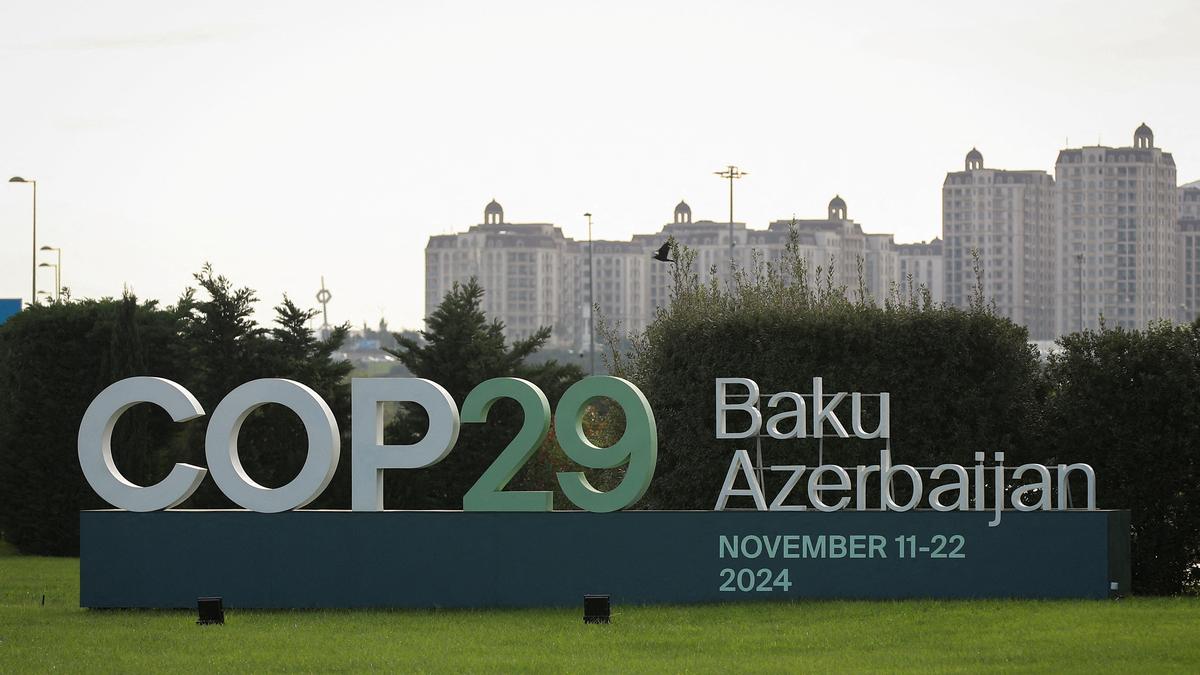

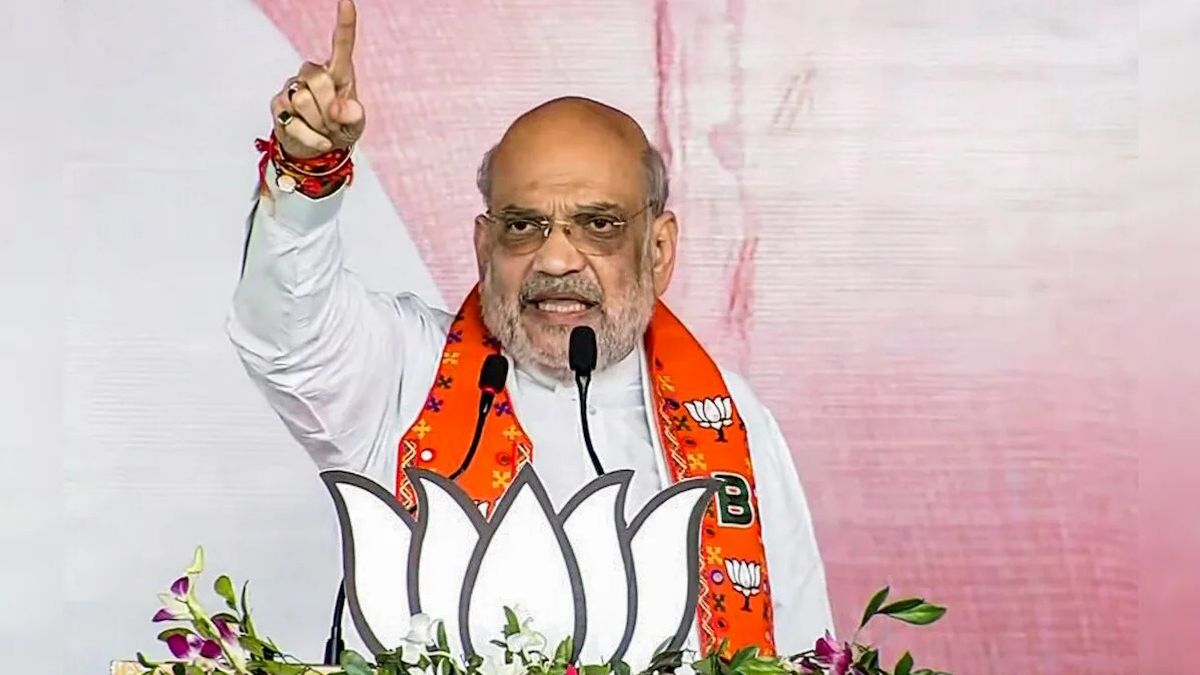





























































































.png)
 (1).png)























